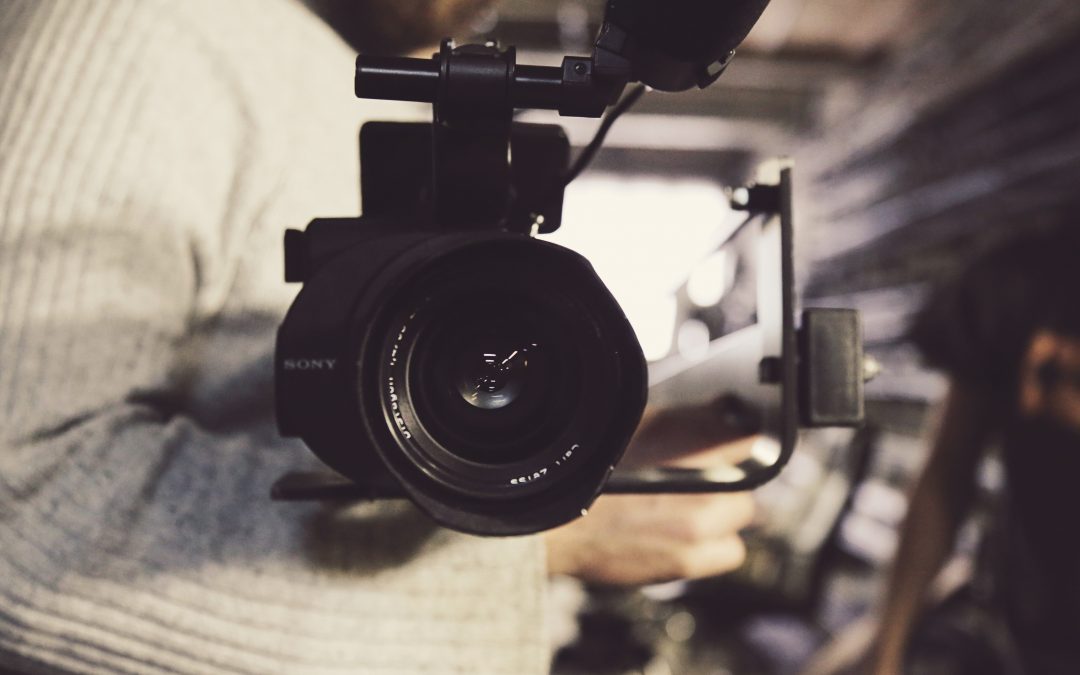 You are invited to be a guest on a television show. That might take the form of a 90-second interview or participating in a 20-minute panel. Of course that can provide exposure for your point of view, brand, cause, product, or service. However, television presents unique risks to those who are not “regulars” on the small screen. Here’s what you must know before you accept the invitation.
You are invited to be a guest on a television show. That might take the form of a 90-second interview or participating in a 20-minute panel. Of course that can provide exposure for your point of view, brand, cause, product, or service. However, television presents unique risks to those who are not “regulars” on the small screen. Here’s what you must know before you accept the invitation.
Does the camera love you? You can test this out in an unsophisticated way by having someone video-tape your simulation of what you would be doing during an appearance. If it goes okay then you might rehearse with a presentation coach who specializes in television.
If you and third parties observe you come across poorly and you sense that you may not be able to improve in time for the programming you might decline. However, think this through. Television remains a powerful medium. Politicians who initially were inept in front of the camera invested heavily in training and got significantly better.
What kind of reputation does the program have for controversy? You must research this. Are gotcha questions asked? That’s exactly what businesspeople have done for decades before appearing on “60 Minutes.” They came to understand what tactics interviewers and the camera-people tended to use and prepared for those. You can also attempt to negotiate ground rules.
Often those appearing on television create a script and then derive talking points from it. In that way they can come across as unscripted and can be flexible in what they say and how they say it. However, they know exactly the points they intend to make. With training they can gain control of the entire interview process.
Find out how the interviewer and other guests tend to position and package themselves. Based on that information you will figure out your persona as well as the content of your remarks. If they tend to be flamboyant, you will likely have to add some performance art to how you present yourself and talk in headlines or attention-getting soundbites.
What is the usual attire? Some shows encourage formal dress. Others are more casual. Also it’s important to check with a media consultant who understands the visual aspects of television what colors and cut of dress or suit you should wear.
Kate Sirignano, founder of Image Marketing Consultants, provides complimentary consultations on media relations, including television interviews, marketing, public relations, special events, partnerships, and social media kate@imagemarketingconsultants.com 203-404-4868.

